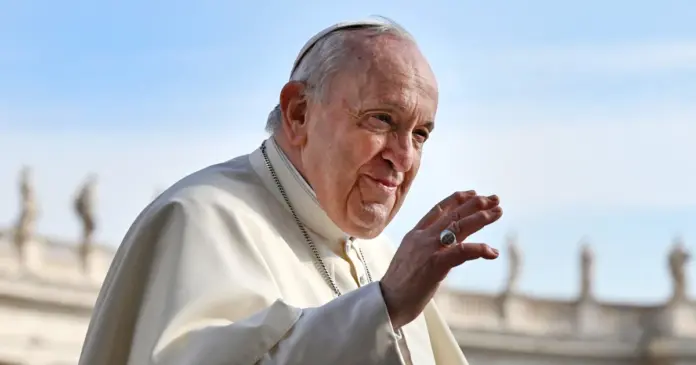The Catholic community is left grieving after the passing of Pope Francis at 88 years old who suffered a stroke and heart failure. With his funeral on its way, there is increased speculation regarding who will take over the seat of the next head of the Roman Catholic Church.
The decision will be made behind closed doors in a secretive papal conclave. And, the cardinals will cast votes until a two-thirds majority is reached. The outcome is notoriously difficult to predict. But, several prominent figures have emerged as leading candidates. Let’s see, top contenders that can be next pope after Pope Francis’ death.
Pietro Parolin – The Diplomatic Continuity Choice
At 70 years old, Italian Cardinal Pietro Parolin is one of the top contenders. As the Vatican’s secretary of state from 2013 until his resignation, he was Pope Francis’s close counselor and leading international diplomat. Parolin is admired throughout the world for brokering tricky deals, including the unpopular deal with China on the election of bishops. Though critics describe him as a pragmatist willing to compromise too much, his supporters regard him as a peace-maker and a calm hand to navigate the church in a tempestuous world.
Peter Turkson – The first African Candidate
If he is elected, 76-year-old Ghanaian Cardinal Peter Turkson would be the first Black pope in centuries. He is vocal on international issues such as poverty, climate change, and social justice, yet still maintains many of the traditional Catholic teachings. Although he has moderated his stance on homosexuality in recent years, Turkson is still a champion of conservative theological tenets. His voice on African and international issues could introduce a bold new direction to the Church.
Also read: Third Round Of April Social Security Payments To Arrive On 23rd Of April: Find Out Who Will Receive How Much
Péter Erdő – The Conservative Intellectual
Hungarian Cardinal Péter Erdő, 72, is the candidate of choice for those eager to return to strict Catholic orthodoxy. Erdő, renowned for his intelligence and fervent loyalty to doctrine, found himself at odds with Pope Francis on issues of immigration. He aligned with Hungarian nationalist Prime Minister Viktor Orbán in defiance of Europe’s refugee crisis. A Pope Erdő would be a distinct ideological shift for the Vatican.
José Tolentino de Mendonça – The Young Visionary
At 59, Portuguese Cardinal José Tolentino de Mendonça is the youngest of the candidates, which may be both strength and weakness. While youthful energy might win the favor of reform-oriented members of the Church. However, some cardinals may be reluctant to vote for someone who may rule for decades. Reputed for his cultural activism and open attitudes toward LGBTQ+, he embodies a progressive future, although his associations with feminist theology may inspire opposition from the traditionalists.
Mario Grech – A Link Between Tradition and Innovation
Cardinal Mario Grech of Malta, 68, has politicized and theologized since the election of Pope Francis in 2013. Originally perceived as conservative, he has adopted more progressive thought, even showing support for deacons for women. His willingness to listen and be flexible has earned him some attention. It points towards his possibility of uniting divided camps within the Church.
Pierbattista Pizzaballa – The Humanitarian Patriarch
Pierbattista Pizzaballa, 60, is the Latin patriarch of Jerusalem. His willingness to swap himself for hostages during the 2023 Hamas attacks has made him renowned. He is very devoted to interfaith peace. Though not vocal on controversial doctrinal issues, his being at the helm of a region that remains in constant turmoil has given him credibility and respect.
Robert Sarah – The Orthodox Firebrand
Cardinal Robert Sarah of Guinea, age 79, is one of the most conservative names listed. He has publicly denounced “gender ideology,” Islamism, and Pope Francis’s reforms. Having co-authored a book in defense of clerical celibacy, he has repeatedly taken a stand against liberal reforms. Elected, Sarah would move the Church back towards its most traditional foundations.
Conclusion:
The College of Cardinals must make a defining decision. Will they perpetuate Pope Francis’s record of reform and empathy, or turn toward a more conservative direction? With candidates from each continent, theological perspective, and leadership approach, the choice will determine the future of the Catholic Church for decades to come. Although no front-runner is apparent, the next pope will have tremendous responsibility. The next pope will lead 1.3 billion Catholics through a rapidly changing world.








